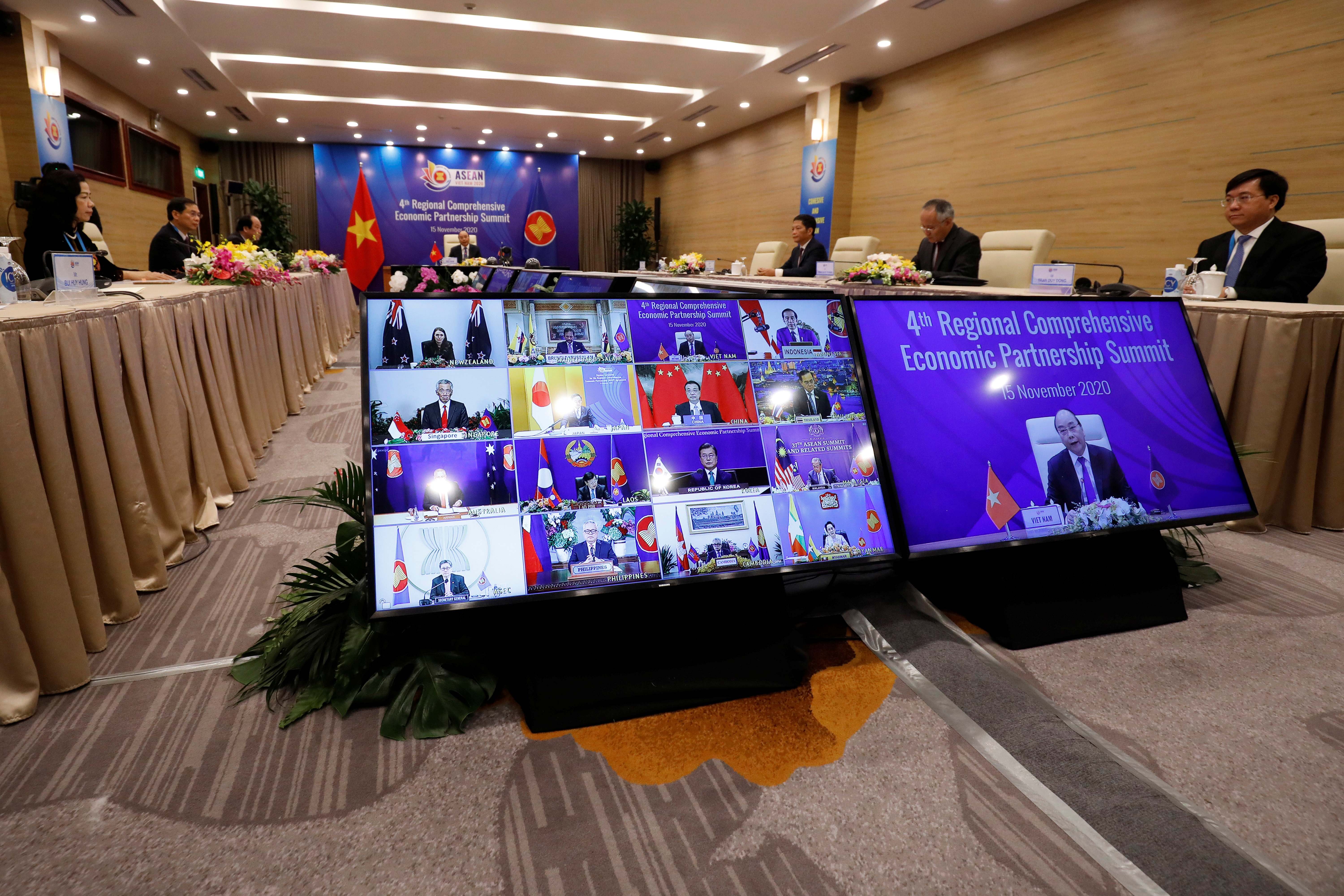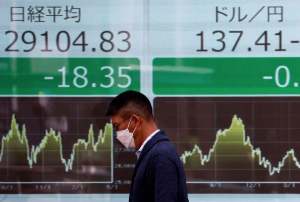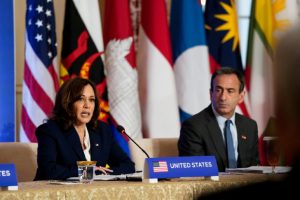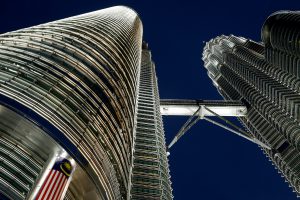HANOI: Fifteen Asia-Pacific economies formed the world’s largest free-trade bloc on Sunday, a China-backed deal that excludes the United States, which had left a rival Asia-Pacific grouping under President Donald Trump.
The signing of the Regional Comprehensive Economic Partnership (RCEP) at a regional summit in Hanoi is a further blow to the group pushed by former US president Barack Obama, which his successor Trump exited in 2017.
Amid questions over Washington’s engagement in Asia, RCEP may cement China’s position more firmly as an economic partner with Southeast Asia, Japan and Korea, putting the world’s second-biggest economy in a better position to shape the region’s trade rules.
The Asia Eight: Daily must-reads from world’s most dynamic region
The United States is absent from both RCEP and the successor to the Obama-led Trans-Pacific Partnership (TPP), leaving the world’s biggest economy out of two trade groups that span the fastest-growing region on earth.
By contrast, RCEP could help Beijing cut its dependence on overseas markets and technology, a shift accelerated by a deepening rift with Washington, said Iris Pang, ING chief economist for Greater China.
RCEP groups the 10-member Association of Southeast Asian Nations (ASEAN), China, Japan, South Korea, Australia and New Zealand. It aims in coming years to progressively lower tariffs across many areas.
The deal was signed on the sidelines of an online ASEAN summit held as Asian leaders address tensions in the South China Sea and tackle plans for a post-pandemic economic recovery in a region where US-China rivalry has been rising.
In an unusual ceremony, held virtually because of the coronavirus pandemic, leaders of RCEP countries took turns standing behind their trade ministers who, one by one, signed copies of the agreement, which they then showed triumphantly to the cameras.
“RCEP will soon be ratified by signatory countries and take effect, contributing to the post-COVID pandemic economic recovery,” said Nguyen Xuan Phuc, prime minister of Vietnam, which hosted the ceremony as ASEAN chair.
RCEP will account for 30% of the global economy, 30% of the global population and reach 2.2 billion consumers, Vietnam said.
Taiwan bid
Meanwhile, trade-dependent Taiwan said it has made “relatively” good progress towards joining the revamped version of the Trans-Pacific Partnership, but it is awaiting clearer rules on membership, the island’s chief trade negotiator said on Monday.
While a member of the World Trade Organization, many countries are wary of signing trade deals with Taiwan fearing objections from China, which claims the democratic island as its own territory, and Taiwan has sought greater access to multilateral deals.
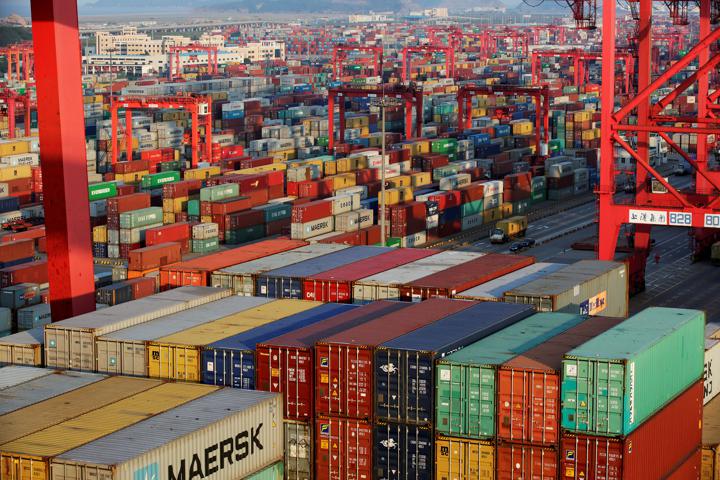
Container boxes are seen at the Yangshan Deep Water Port, part of the Shanghai Free Trade Zone, in Shanghai. Photo: Reuters
Taiwan minister without portfolio John Deng, who leads trade talks, told reporters they had expressed willingness to join the CPTPP.
“Countries that have made relatively good progress (in applying for membership) include Britain, Taiwan and Thailand, and Taiwan’s hard work has been welcomed by many,” Deng said.
“They hope for us to stay in touch,” he said, adding that Taiwan is waiting for the CPTPP grouping to make “clearer rules” about membership application.
The original 12-member agreement, known as the Trans-Pacific Partnership (TPP), was thrown into limbo in early 2017 when U.S. President Donald Trump withdrew.
‘Historic breakthrough’
China’s finance ministry said the RCEP’s’s promises include eliminating some tariffs within the group, including some immediately and others over 10 years.
There were no details on which products and which countries would see immediate reduction in tariffs.
“For the first time, China and Japan reached a bilateral tariff reduction arrangement, achieving a historic breakthrough,” the ministry said in a statement, without giving further details.
The deal marks the first time rival East Asian powers China, Japan and South Korea have been in a single free trade agreement.
Despite being outside RCEP and having been in the administration that propelled the TPP, President-elect Joe Biden – Obama’s vice president – is unlikely to rejoin the TPP anytime soon, analysts said, as his government will have to prioritise handling the COVID-19 outbreak at home.
- Reuters, with additional reporting by Phuong Nguyen, Yimou Lee, James Pearson, Liz Lee, Gayatri Suroyo, Bernadette Christina Munthe, Hyonhee Shin, Neil Jerome Morales, Kaori Kaneko, Kirsty Needham, Gabriel Crossley, Roxanne Liu and Shivani Singh




